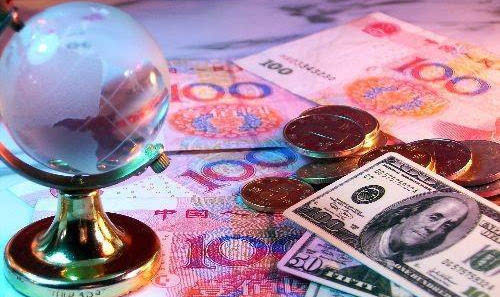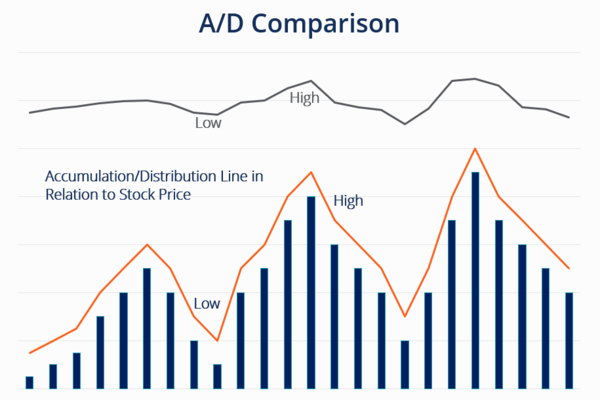As is well known, forex trading is a high-risk investment
activity. Due to the high risk, investors may receive substantial returns. For
investors, one of the most important skills is learning to avoid forex risks, which has led to the trading model of forex
speculation. So what are the types of forex speculation?

Types of Forex Speculative Trading
(1) Spot Trading
Spot trading is the most common form of speculation. Most speculators in the
world engage in spot trading, usually buying and selling on the same day without
leaving overnight open positions. But if speculators believe that their judgment
on the trend of exchange rates is relatively accurate, they can also hold a
certain position for several months without trading on the same day in order to
seek greater returns.
(2) Cross-Arbitrage
The initial use of arbitrage for speculation is location arbitrage, which
means that before the financial market is underdeveloped, communication methods
are incomplete, and the global forex market is not integrated, the
exchange rate levels of different financial centers may be inconsistent,
allowing speculators to buy a certain currency in one place and sell it in
another place to profit. This is a two-point arbitrage, and more complex ones
are triangular arbitrages. But now, with the integration of the global forex market, such opportunities have rarely appeared.
(3) Using other currency trading methods for speculation
With the further development of the forex market and the
continuous emergence of financial derivative products, the scope of currency speculative transactions is also becoming increasingly widespread.
Option trading and futures trading have become good tools for speculators to
use. Regardless of the type of transaction, the principle is to "buy low and
sell high". Speculators buy at lower prices and sell at higher prices based on
their own predictions of exchange rate trends in order to gain speculative
profits.
(4) Margin Trading
When speculators engage in speculative trading, margin trading provides them
with an opportunity to engage in larger transactions with less capital. Margin
trading has become the main form of forex speculation. Margin trading
refers to an investor opening a margin account with a broker, and with the
consent of the broker, the trader can use this margin as collateral to engage in
forex transactions several times the value of the margin, with
profits and losses recorded in the margin account. The current margin ratio for
domestic banks is 5% to 10%, which means that investors can engage in
transactions equivalent to 10–20 times the margin amount. However, among forex
brokers, some companies can provide 500 times the leverage. Margin trading has
great appeal for both investors and brokers, but the risks are also
considerable.
In the international forex market, countless traders are engaged
in speculative forex trading. Speculative behavior is the lubricant
of the market, and without speculation, the forex
market will be difficult to operate effectively. But speculative behavior can
also bring turbulence to the market, making the fluctuations in exchange rates
more drastic. According to the survey results of the Bank for International
Settlements in April 2007, the daily trading volume of the world forex market at the beginning of the year had reached 32 trillion dollars, of
which speculative transactions accounted for a large proportion. In financially
developed countries and regions, not only banks, financial institutions, and
large corporate consortia engage in speculative foreign exchange transactions,
but some small businessmen and even ordinary people also participate in forex speculation. Of course, they all need to conduct transactions through
agencies (banks or financial companies).
(5) Forex Trading Conducted due to the Need for Currency Deposits
In banks, various convertible currencies have fixed deposit interest rates.
Generally speaking, high deposit rates result in high returns. Many people like
to choose currency deposits with high interest rates, such as pounds, Australian
dollars, Canadian dollars, etc. Due to changes in economic and monetary policies
in various countries, the deposit interest rates of various currencies are
constantly changing. Before 1985, the US dollar had high interest rates, but
after that, interest rates gradually decreased, and now they are also at a lower
level. Due to interest income, some people hope to exchange their low-interest
currency for high-interest currency, which requires foreign exchange
transactions. However, foreign currency deposits have risk, so
when deciding the deposit currency, the holder should consider not only the
interest rate but also the exchange rate. For example, in early 1989, 1 pound
could be exchanged for $1.8190, but on June 30, it dropped to $1.5408, a
decrease of 15%. The gain on interest cannot compensate for the loss on the
exchange rate. Later, the pound gradually rebounded, reaching a 60% increase by
June 1990. It can be seen that if chosen well, you can achieve a double harvest
of exchange rate difference and interest rate difference; if the choice is not
good, you will only have to suffer certain losses.







